The lawsuit argues the state’s energy stance violates youths’ rights by fueling climate risks and environmental harm.
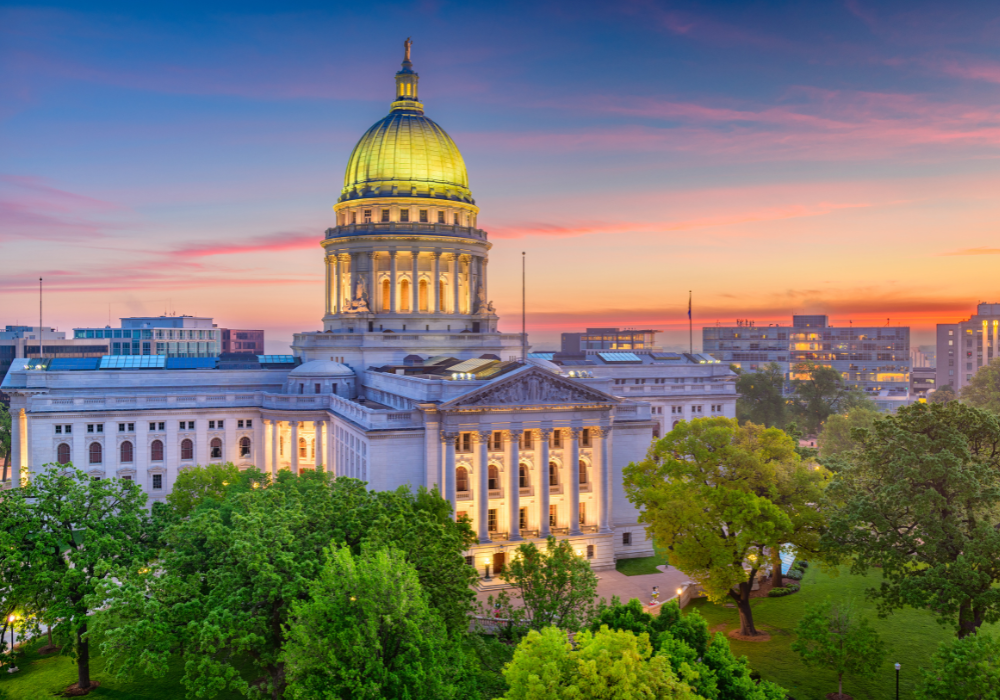
Wisconsin is facing a constitutional challenge from its youngest residents over state laws that actively promote fossil fuel development while blocking clean energy progress. Fifteen young climate advocates, aged eight to 17, filed a lawsuit Friday against the state of Wisconsin over its pro-fossil fuel policies, joining a growing national movement of youth-led climate litigation.
The plaintiffs claim to have all personally experienced harms stemming from climate change and fossil fuel air pollution, such as asthma and respiratory illnesses, mental health trauma tied to environmental degradation. This case represents the latest front in a legal battle where children are essentially suing for their right to inherit a livable planet from the adults who are currently destroying it.
1. Two Controversial Wisconsin Laws Are at the Heart of the Lawsuit
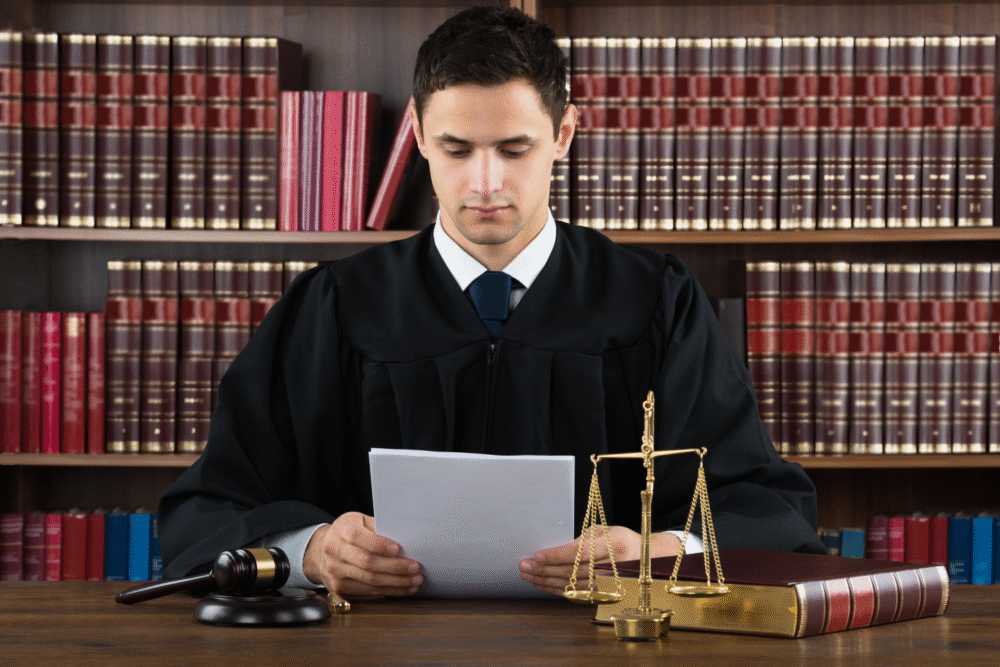
The plaintiffs are contesting two Wisconsin laws regulating the state’s public service commission — one that prohibits consideration of climate and air pollution harms when approving fossil fuel plants, and another that blocks mandates for utilities to increase reliance on carbon-free energy. These laws essentially force state regulators to approve fossil fuel projects while wearing legal blindfolds to their environmental consequences.
The first law prevents utility regulators from considering climate impacts when deciding whether to approve new fossil fuel power plants, while the second prohibits requirements that utilities transition to cleaner energy sources. Together, these policies create a legal framework that prioritizes fossil fuel development over public health and environmental protection.
2. The Plaintiffs Range from Elementary School Age to High School Seniors
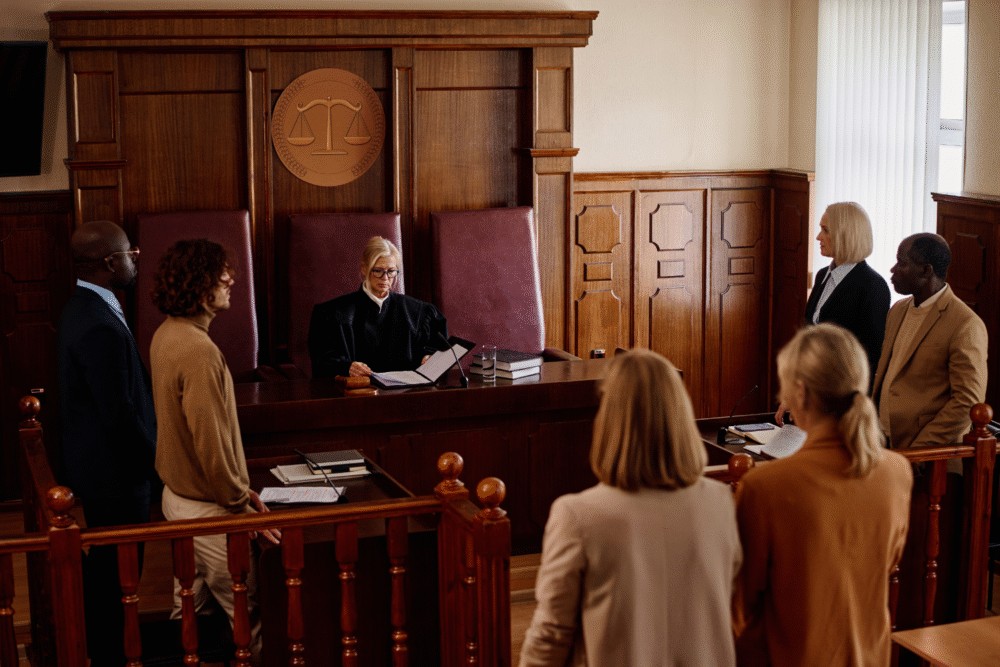
The 15 children and teens ages 8 to 17 from across Wisconsin represent a broad cross-section of young people who claim their constitutional rights are being violated by state energy policies. The youngest plaintiff is only eight years old, highlighting how climate change impacts are affecting even the most vulnerable members of society.
The diverse age range of plaintiffs demonstrates that climate concerns transcend typical political and demographic boundaries. These young people are essentially arguing that adults in government are making decisions that will determine the habitability of the planet they will inherit.
3. Health Impacts Are Already Affecting Wisconsin’s Youth

The young plaintiffs report experiencing respiratory illnesses, asthma, and mental health trauma directly related to climate change and fossil fuel pollution in their communities. Many describe how extreme weather events and air quality problems have interfered with outdoor activities, sports, and their general quality of life.
Young people filing the suit say global warming has affected their enjoyment of activities such as skiing, and farm families say their livelihoods have been affected by changing weather patterns. The lawsuit documents specific instances where climate change has harmed each plaintiff’s health, safety, or well-being in measurable ways.
4. Wisconsin’s Extreme Weather Is Getting Worse Every Year
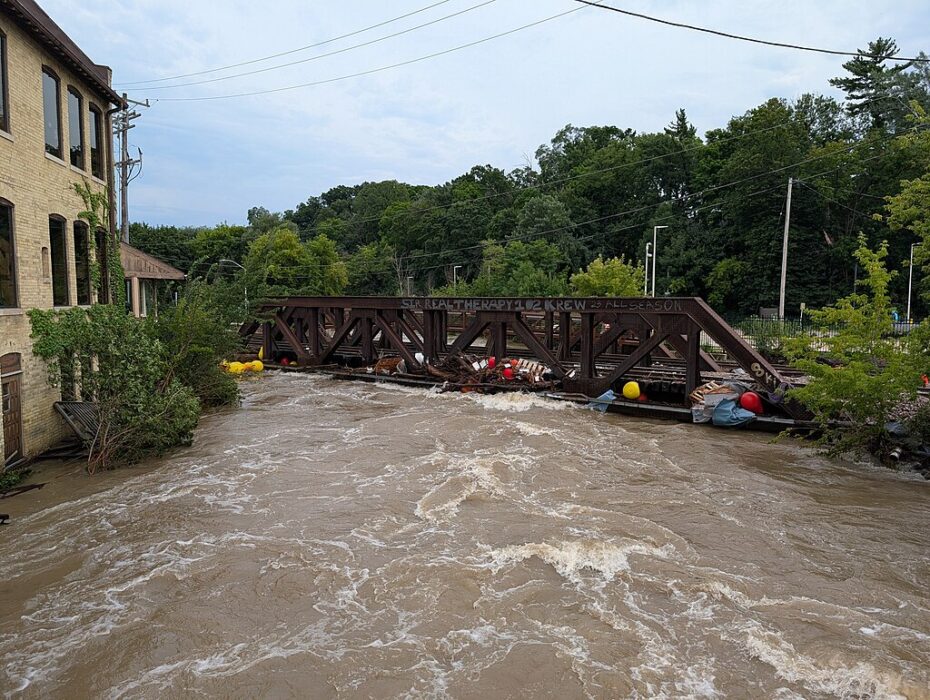
Wisconsin has seen extreme events in nearly every corner of the state, and winters have warmed more rapidly than summers. The state is experiencing more frequent flooding, severe storms, and temperature extremes that put residents at risk and damage property and infrastructure.
Recent destructive floods have highlighted how Wisconsin’s climate is becoming more volatile and dangerous for residents of all ages. The changing weather patterns are making traditional outdoor activities like skiing and ice fishing less reliable while increasing risks from heat waves and severe storms.
5. The Lawsuit Targets Both Legislative and Regulatory Bodies
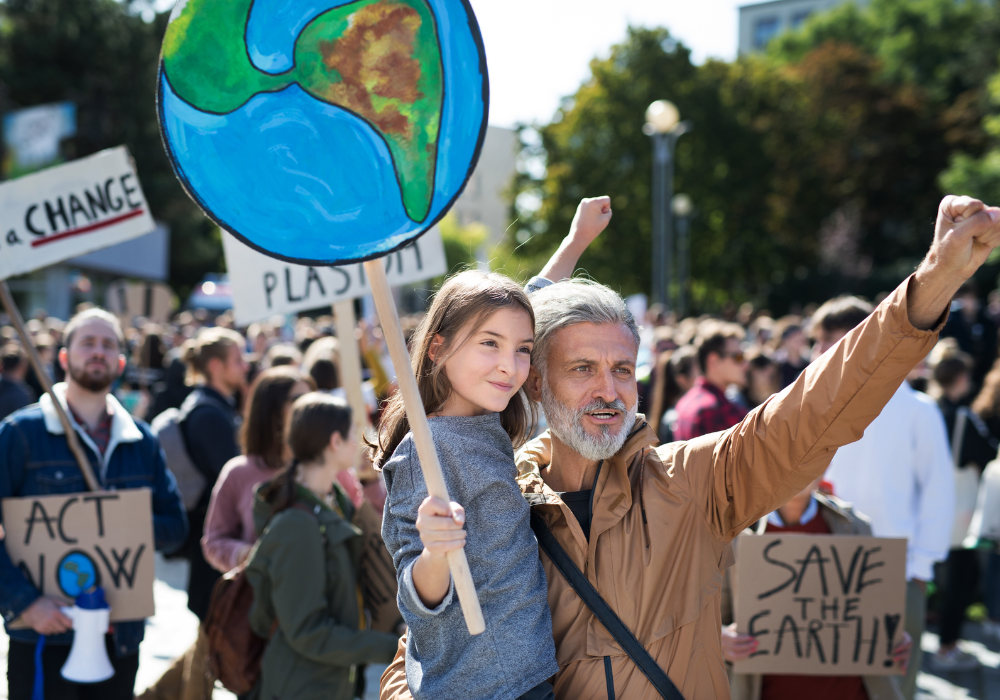
The youth plaintiffs filed a constitutional climate lawsuit in Dane County Circuit Court against the Public Service Commission of Wisconsin and the Wisconsin Legislature. By naming both the regulatory agency and the legislative branch, the lawsuit attacks the entire governmental structure that created and enforces pro-fossil fuel policies.
The dual approach recognizes that both lawmakers who wrote the controversial statutes and regulators who implement them share responsibility for the alleged constitutional violations. This comprehensive legal strategy makes it harder for defendants to shift blame between different branches of government.
6. Legal Representation Comes from Experienced Environmental Advocates

The youth plaintiffs are represented by Midwest Environmental Advocates and Our Children’s Trust, organizations with extensive experience in environmental litigation and youth climate cases. Our Children’s Trust has pioneered the legal strategy of using constitutional arguments to challenge government climate policies.
The legal team brings expertise from similar cases in other states, including the successful Montana youth climate lawsuit that established important precedents for constitutional climate litigation. Their experience helps ensure that the Wisconsin case benefits from lessons learned in previous youth climate lawsuits.
7. Constitutional Rights Arguments Form the Legal Foundation

Fifteen children and teenagers filed a lawsuit alleging that the law violates their constitutional rights to life and liberty. The legal argument centers on the idea that government policies promoting fossil fuel development violate fundamental constitutional protections.
The plaintiffs argue that by actively promoting fossil fuel development while blocking clean energy, Wisconsin is depriving them of their constitutional right to life and liberty by knowingly worsening climate change. This constitutional approach has proven successful in other states and represents a growing trend in climate litigation.
8. The Case Builds on Previous Youth Climate Legal Victories

The Wisconsin lawsuit follows the successful Montana youth climate case where a judge sided with a group of young environmental activists who argued the state was violating its constitution by promoting fossil fuel development without considering the impact on climate change. These precedents provide a legal roadmap for similar cases in other states.
The Montana judge ruled in favor of more than a dozen young people who sued the state for enacting legislation they say benefits the fossil fuel industry while harming residents and wildlife. The Wisconsin case seeks to replicate this success by using similar constitutional arguments adapted to Wisconsin’s specific laws and circumstances.
9. Fossil Fuel Industry Influence Shaped the Challenged Laws
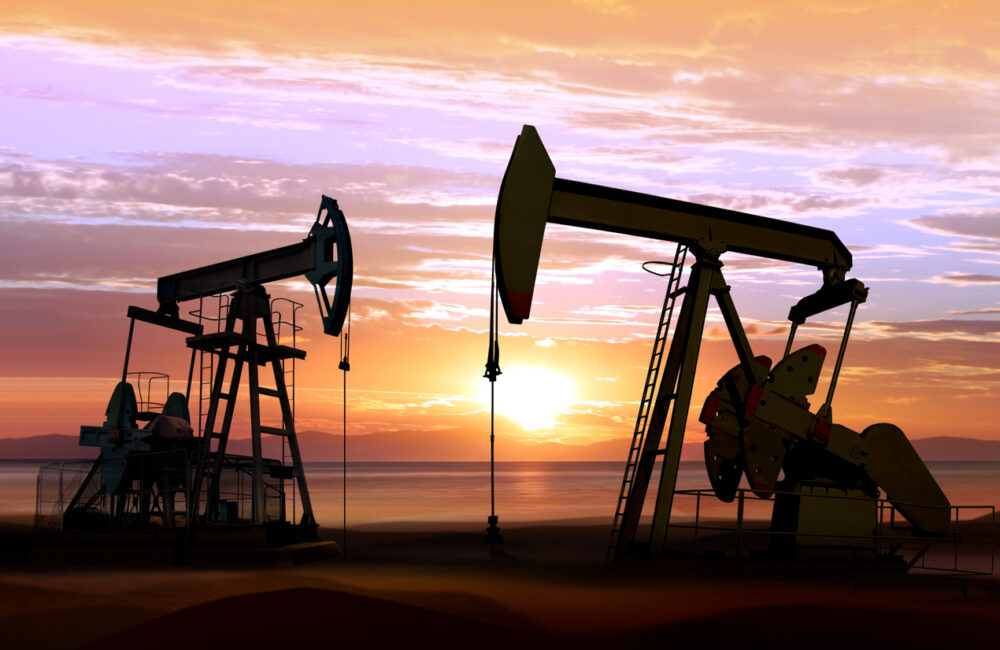
The controversial Wisconsin laws appear designed to protect fossil fuel interests by preventing regulators from considering climate impacts when making energy decisions. These policies prioritize industry profits over public health and environmental protection, according to environmental advocates.
The laws effectively create a regulatory system where fossil fuel projects receive preferential treatment while clean energy development faces additional barriers. This legislative framework suggests that fossil fuel industry lobbying has successfully influenced state energy policy to favor carbon-intensive development.
10. The Stakes Extend Beyond Wisconsin’s Borders
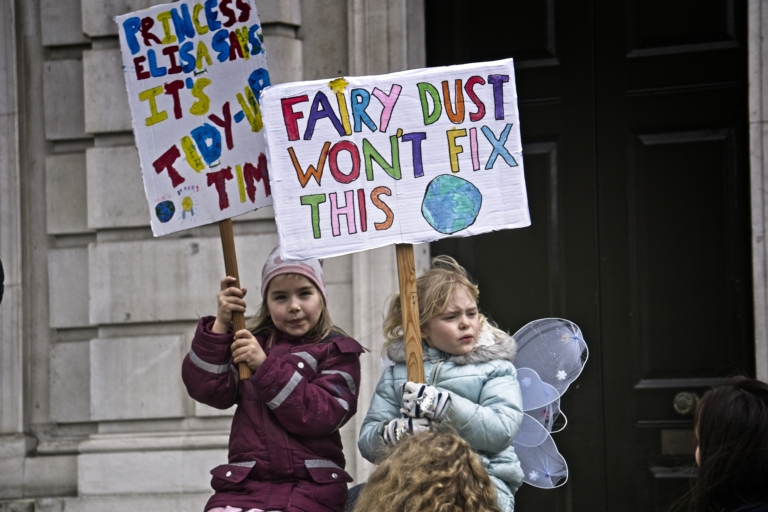
A victory in Wisconsin could inspire similar lawsuits in other states with pro-fossil fuel policies, potentially creating a wave of youth-led climate litigation across the country. The case also tests whether constitutional rights arguments can successfully challenge state energy policies that promote fossil fuel development.
The outcome will influence how other states approach energy regulation and whether they can continue to ignore climate impacts when approving fossil fuel projects. A successful lawsuit could establish that states have constitutional obligations to consider climate consequences in their energy policy decisions, fundamentally changing how utility regulation works nationwide.
